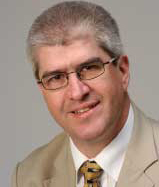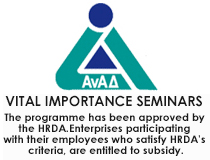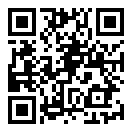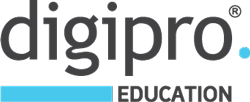Redesign Small Organisations for Agility, Productivity and Continuous Innovation
Instructor
-
 Philippe LeliaertConsultant/Coach/Trainer
Philippe LeliaertConsultant/Coach/TrainerDr. Philippe Leliaert is an associate consultant of Ackinas bvba (management consulting group specialising in Process Performance, eLearning and Intellectual Capital Management); senior Organisational Effectiveness Consultant at The Sinclair Group (US-based consulting group specialising in Operational Excellence), senior consultant and member of the Advisory Board at ContentAdvisors (consulting group focused on Knowledge Management), Owner-manager of management consulting firm L-Consult bvba, and co-founder of the international consulting network Syntaxis Networking.
His consulting expertise focuses on organisational development & change as the industrial economy evolves into a knowledge-based economy. He provides management advice at both strategic and operational/implementation levels on the organisational impact of e-Business/the knowledge economy. He further advises on the development, introduction and management of knowledge processes (creativity & innovation; Communities of Practice) as the only sources of sustainable competitive advantage, and on the identification, measurement and management of Intellectual Capital value.
He is active in several European Networks of Excellence related to knowledge & intellectual capital management, including PRISM, NESKEY and KnowledgeBoard. He was recently a keynote speaker at the 5th European Conference on Intellectual Capital.
His client list includes, among others:
– Strategy formulation, development, and implementation (using amongst other the Balanced Scorecard model) at Belgacom (telecom operator), Union Minière (non-ferro metals), Siemens Building Technologies (security services), Xylos (IT & Training), BASF (petrochemicals), Ackinas (management consulting),
– process performance measurement & change management at Hays Logistics Europe (logistics), Mercedes-Benz Europa (automotive), Janssens Pharmaceutica and Medochemie Cyprus (pharmaceuticals), Mercator Group (insurance), HP Consulting Europe and BaaN Belgium (IT), Xylos (IT & Training), Telindus (ICT); Telenet Vlaanderen (telecom operator); Kone Europe (elevators); Ericsson Nanjing (electronics); Laiki Bank and Hellenic Bank (financial services)
– Knowledge & Intellectual Capital Management at ODG Toronto (consulting & Value Added Reseller), KBC bank and ING Carlease (financial services), Sharelink Nicosia (financial services), Leptos Cyprus (real estate), Bank of Cyprus and Hellenic Bank (financial services)

Recent Participants


